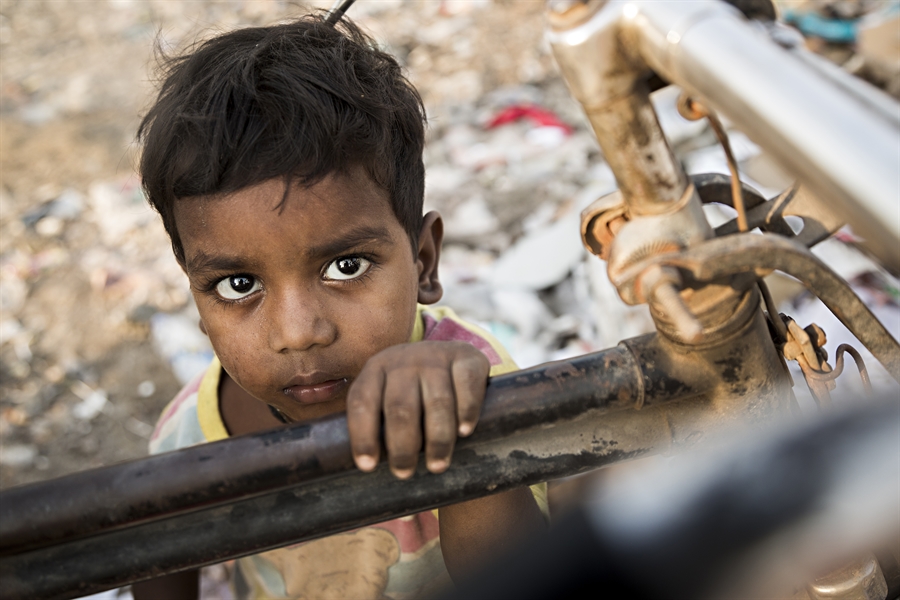
Photo: Imagesbazaar
An individual is said to be malnourished, or suffer from malnutrition if his diet does not consist of the required protein and calories essential for the growth and maintenance of the body or if one cannot fully utilize the food he consumes due to illness.
According to the World Health Organization (WHO), malnutrition is the gravest single threat to global public health.
People can be prone to malnourishment for a long or short period of time and the condition may be mild or acute. People who are malnourished are more liable to get sick and, in severe cases, it may lead to death. A malnourished child’s growth may be undersized, which makes him much shorter than average. In developing countries, 1 out of 4 children younger than age 5 are underweight. Malnutrition affects more than 147 million children in developing nations according to the United Nations’ World Food Programme (WFP) and is also the major factor for mental retardation and even brain damage in some children.
National Nutrition Week is observed from September 1 to 7 and its focus is on better nutrition and steps that should be taken to reduce malnutrition in children.
Signs and symptoms of malnutrition in children
The vital question is how to detect whether your child is prone to malnutrition? Listed below are some of the signs and symptoms of malnutrition:
- If your child fails to grow at a normal expected rate in terms of weight, height or both
- If your child is prone to illness and falls sick time and again
- If your child does not consume adequate food and eats small amount
- If your child’s skin is dry and flaky and hair is dry, dull and straw like in appearance
- If your child is irritated, sluggish and cries excessively along with behavioral changes like anxiety and attention deficit
- If your child experiences weight loss
- If there is swelling or fluid accumulation in your child’s body, especially in abdomen and legs
- If your child’s limbs may appear stick like
- If your child has slow behavioral development
How to prevent malnutrition in children?
It is a dire necessity to prevent malnutrition in children. The following steps should be taken to prevent malnutrition in children:
- Pregnant lady should be given a proper and balanced nutritious diet
- New born baby should be fed on breast milk for the first six months
- A child should be having a well-balanced diet consisting of all the vital nutrients required for the body development such as:
- fruit and vegetables
- bread, rice, potatoes, pasta, cereals and other starchy foods
- milk and dairy foods – such as cheese and yoghurt
- meat, fish, eggs, beans, nuts, and other non-dairy sources of protein
- Body Mass Index should be regularly scrutinized to check for improvement or responsiveness to dietary interventions
Apart from all these, if a child is suffering from malnutrition due to an underlying health condition, he may need a complex diet needs or additional items in his diet such as nutritional supplements. You should consult a doctor in charge who will be able to guide and advise you and refer you to a registered dietitian.
Please like FamiLife’s page on Facebook so that you get all our articles and others may find us.
